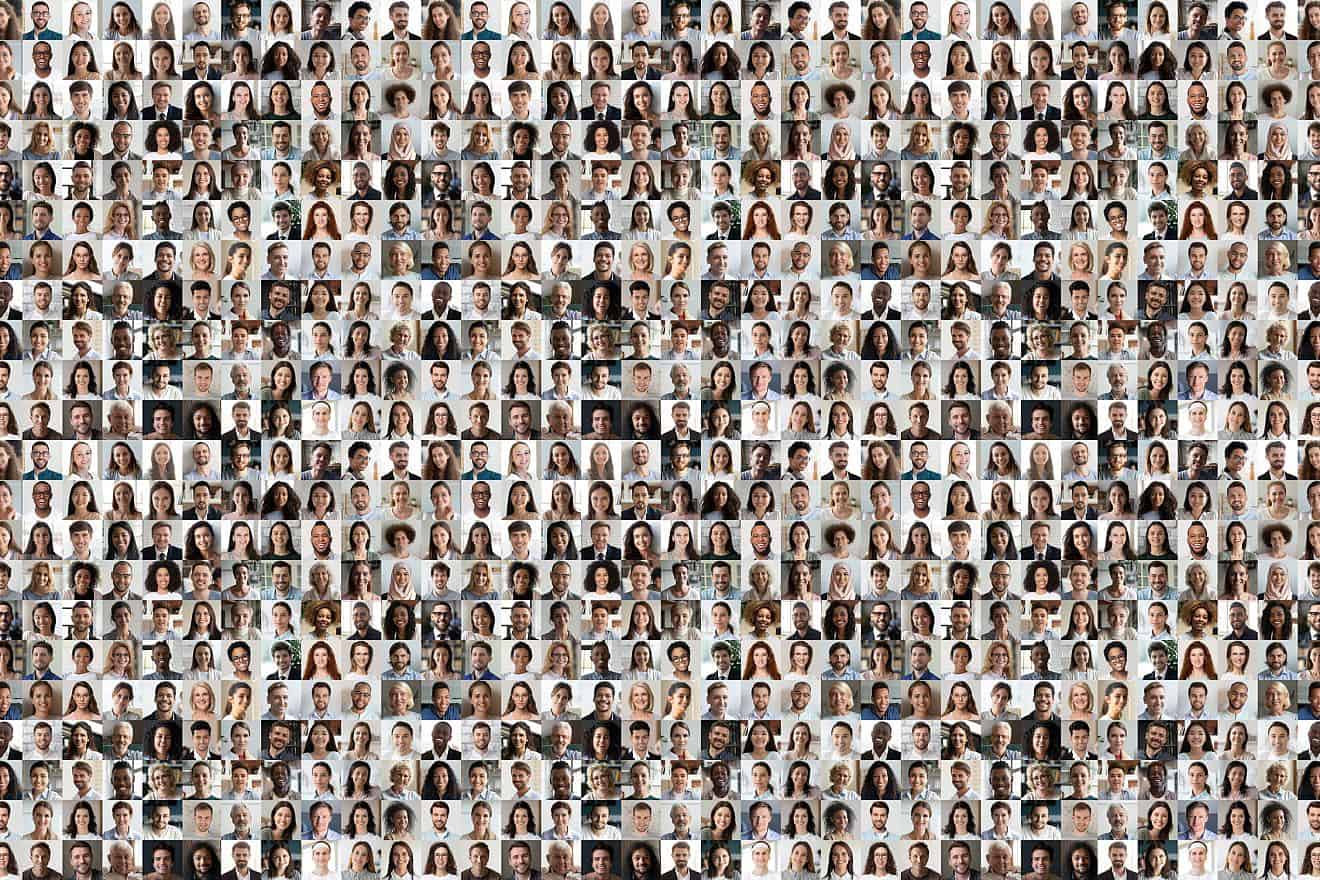The months since Oct. 7 have seen seemingly endless series of cultural debates about everything from antisemitism and anti-Zionism to higher education.
Perhaps one of the most acrimonious of these arguments is the conversation about the diversity, equity and inclusion (DEI) movement. Opponents assert that it facilitates not only antisemitism but also racism and general social division. Its defenders criticize opponents of DEI as enemies of progress and equality.
But two things can be true at once: DEI must be ended, but our institutions must have some mechanism to promote the values of diversity and openness.
We need a new way to meet this challenge; one with a different and less toxic name. This is where DTALE—“diversity of thought and life experience”—comes in. This ideology is built on similar values to DEI; namely the enriching benefits of varied perspectives. But DTALE recognizes diversity in its truest form rather than as an “oppression Olympics.”
DTALE is built on the understanding that we are stronger when we are united by shared values and common purpose rather than divided by our differences. This awareness of our interconnectedness is what our nation sorely needs. Like the DEI frameworks our institutions use, the DTALE plan has its own set of guiding principles that work in tandem.
DTALE’s first and perhaps most illuminating pillar is “Unique Perspectives.” Within the DTALE framework, every person is understood as the product of a set of complex life experiences that shape his or her perception of the world. No experience is considered inherently more valuable than the other.
The second and third pillars are “Freedom of Expression” and “Nuanced Dialogues.” DTALE upholds the principle that the freedom to express diverse perspectives is essential to the health and function of communities and societies. Without freedom of expression, creativity is stifled, innovation limited and meaningful progress impeded. Every time someone is shamed or silenced for a good-faith expression of their beliefs, fruitful collaboration and productive conversation become exponentially more challenging. This is why it is essential to foster an environment in which everyone of any race or creed feels safe and empowered to speak.
This facilitates “Nuanced Dialogues.” The DTALE framework emphasizes the importance of meaningful conversations with individuals who differ from us in all aspects of life—from lived experience and personal means to political and social ideologies. These dialogues are especially valuable when they are thorny, uncomfortable or challenging. They serve as catalysts for personal development and greater collective understanding, allowing us to grow by challenging our preconceived notions, dismantling our biases and expanding our worldview in ways we might not have expected.
The fourth pillar of DTALE is “Empathy and Legacy,” which undergirds not only our dialogues with one another but also our wider awareness of the world. Overcoming hardships of any kind—be they economic, social, medical, personal or racial—fosters empathy, enriches our perspective and endows us with the power to uplift and inspire others by sharing the obstacles we’ve faced. These triumphs shape our awareness of others’ challenges and deepen our sense of empathy. They are also essential to our quest to thrive, succeed and create a meaningful legacy. Rather than embrace a state of perpetual victimhood, DTALE aims to harness the adversities we have faced to motivate positive change that is informed but not limited by our understanding of the past.
The fifth pillar is “Introspection and Growth.” This encourages people to take a nuanced, introspective approach to their own perspective. Our personal backgrounds can be inspiring to and enriching for ourselves and others, but they can also come with insecurities, traumas and shortcomings that we may project outwards. DTALE understands that personal and collective development must come from the difficult, necessary process of introspection, in which we take personal accountability and confront our own shortcomings. By owning our vulnerabilities and acknowledging our need for growth, we cultivate mindsets steeped in humility, problem-solving and the desire to improve by taking ownership of our own blind spots.
The final pillar is a familiar maxim that bears repeating in today’s polarized and divided age: “E Pluribus Unum”—“out of many, one.” Our nation has always thrived when we embrace unity over division, viewing ourselves not as disparate cultures and groups but as a collective whole bound together by shared values and commitment to a noble purpose. Through our shared principles, we can find strength in supporting, defending and uplifting each other as brothers and sisters in a complicated yet remarkable nation.
Over the past few years, fueled in no small part by the fractious divisions created by ideologies like DEI, America has lost sight of this fundamental truth. DTALE aims to provide a framework in which E Pluribus Unum is celebrated anew, because despite our diverse backgrounds, experiences and outlooks, Americans are still bound by a common loyalty to our mutual future. Our success as individuals is intertwined with the prosperity and stability of our nation. We need ideological frameworks like DTALE that celebrate our unity and diversity as strengths rather than sources of destructive division.

























